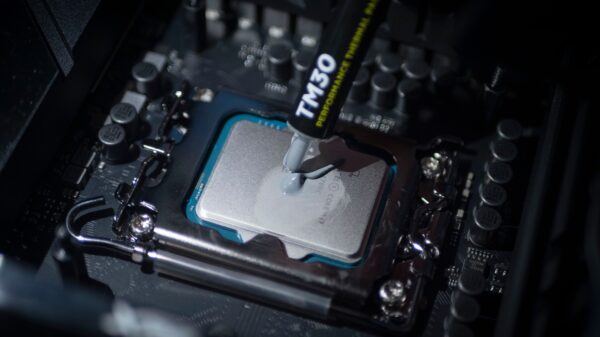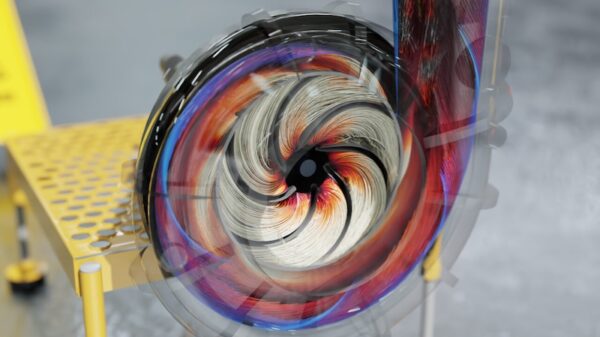A recent study has revealed that a deep learning model can identify an imaging biomarker for chronic stress. This significant finding will be presented at the annual meeting of the Radiological Society of North America taking place from November 30 to December 4, 2023, in Chicago.
The study leverages advanced machine learning techniques to analyze brain imaging data, aiming to enhance the understanding of chronic stress and its effects on mental health. Researchers utilized a dataset consisting of various brain scans to train the model to detect specific patterns associated with chronic stress responses.
Implications for Mental Health Diagnosis
The identification of a reliable imaging biomarker could lead to improved diagnostic methods for mental health professionals. Chronic stress is known to contribute to several psychological disorders, such as anxiety and depression. By providing a concrete imaging indicator, this research may allow for earlier interventions and more effective treatment plans.
The deep learning model’s ability to process and analyze vast amounts of data marks a significant advancement in the intersection of technology and healthcare. Utilizing artificial intelligence in medical imaging not only saves time but also enhances the accuracy of diagnoses, which is crucial for patient care.
Future Research Directions
Researchers are optimistic about the potential applications of this biomarker in clinical settings. The findings may pave the way for further studies focused on the long-term effects of chronic stress and how it can be quantified through imaging. As the medical community continues to explore the relationship between stress and overall health, this research could substantially influence future diagnostic practices.
The presentation at the Radiological Society of North America meeting will further elaborate on the methodology and potential applications of the findings. With continued advancements in deep learning and medical imaging, the future of mental health diagnostics appears promising.



































































